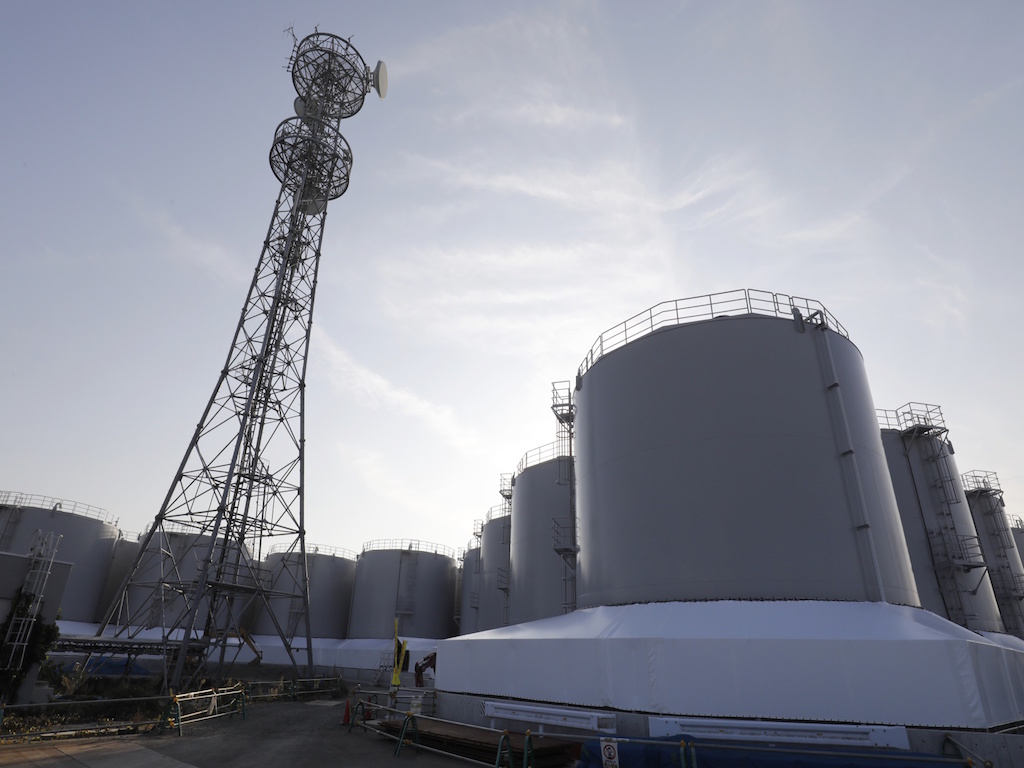3 Mins Read
The northeast region of Fukushima Prefecture in Japan is set to become the country’s renewable energy hub. The latest project, which is sponsored by the state-owned Development Bank of Japan and Mizuho Bank, seeks to transform Fukushima, the scene of the triple meltdown of the nuclear power plant in 2011, into a centre that will power the region with 100% renewable energy by 2040. The move comes after mounting criticism about Japan’s heavy dependence on imported coal and natural gas, and follows similar initiatives by South Korea. Activists have pointed out that the plan, while ambitious, remains insufficient to help the Asian region towards renewable sources in the midst of our escalating global climate emergency.
Almost nine years after it became famous for being the scene of one of the world’s most disastrous nuclear accidents, the local government of Fukushima has just unveiled its plans to power the region with 100% renewable energy by 2040, compared to the 40% of today. Funded by the government-owned Development Bank of Japan and Mizuho Bank, the US$2.75 billion project will see 11 solar energy farms and 10 wind energy farms constructed on abandoned farmland by 2024. Through an 80 kilometre grid, this renewable power will be connected to the metropolitan area of Tokyo, which was once reliant on the nuclear energy generated by Fukushima’s atomic plants. The project hopes to produce 600 megawatts of electricity, equivalent to around two-thirds of the average nuclear power plant’s output, and will make up between 20-22% of the country’s overall energy mix by 2030.
The accident in March 2011 was triggered by a powerful earthquake and tsunami, and sent enormous quantities of harmful radiation into the atmosphere, forcing over 150,000 residents in the region to evacuate. Prior to the disaster, nuclear power generated almost one third of Japan’s energy mix. While all of Japan’s 54 reactors were shut down following the disaster, 9 have been restarted and is in operation today. This has drawn criticism from activists concerned about the serious dangers these pose to the public given Japan’s vulnerability to earthquakes and tsunamis.
According to figures from the Institute for Sustainable Energy Policies, renewables only account for around 17.4% of the country’s energy supply. Despite prime minister Shinzo Abe describing his plan to increase the supply of renewables to around 22-24% with Fukushima’s upcoming project as “ambitious”, this is challenged by public opinion.
Climate campaigners, for instance, have pointed out that this is will not enable the country to meet its carbon dioxide emissions reductions targets outlined in the Paris Agreement. Nor will the current plan rule out the possibility of more nuclear reactors being restarted in order to prevent repeated nuclear disaster in the future, which can easily be triggered by extreme weather events that will only become more frequent as our climate crisis worsens.
“We will be doomed if we allow another nuclear accident to occur. We never know when we’ll have [another] earthquake,” said environment minister Shinjiro Koizumi.
Japan recently received the “fossil of the day” award from the Climate Action Network (CAN) after the Japanese minister for industry revealed plans to continue using coal-fired power, prolonging its position as the world’s third-biggest importer of coal after India and China.
Given that the oil and coal industry is at the front and centre of our climate emergency, it is vital that Japan takes the need to transition to clean energy seriously. South Korea has vowed to take more comprehensive steps in its city-wide plan to make all public buildings and 1 million homes in Seoul powered by solar energy by 2022. Scientists are calling on world leaders to implement more stringent policies, such as redirecting subsidies away from the fossil fuel industry to pave the way for a global transition.
Lead image courtesy of Hitoshi Katanoda / Polaris Images / Bloomberg.




